ABOUT SCALE
SCALE will work closely with its local partners on five priority intervention areas:

IR1: Improve Organizational Capacity
IR1 focuses on improving the internal governance, procurement, finance, and succession management processes of select CSOs and BMOs for performance and sustainability.

IR2: Enhanced Capacity for Improved CSO Advocacy, Collaboration and Management
IR2 focuses on enhancing the capacity of CSOs and BMOs to hold the government accountable to key policy, democratic, and development reforms at all levels.

IR3: Improved Policy and Regulatory Enabling Environment for Civil Society
IR3 focuses on creating a nonrestrictive environment for CSOs to operate, allowing them to address governance issues and mobilize citizens to demand transparency, accountability, and good governance across all sectors without restrictive regulations.
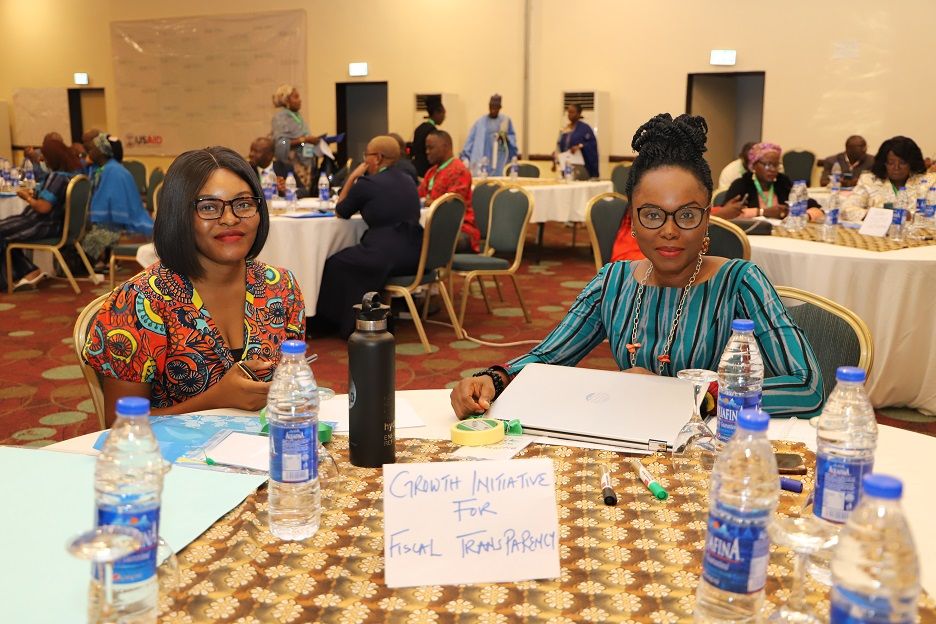
IR5: Sector Strengthening and Advocacy
IR5 aims to reduce the prevalence of SGBV and CEFM, improve collaboration among stakeholders, improve citizens’ awareness of SGBV, and improve support mechanisms for survivors by CSOs, government, and other stakeholders.
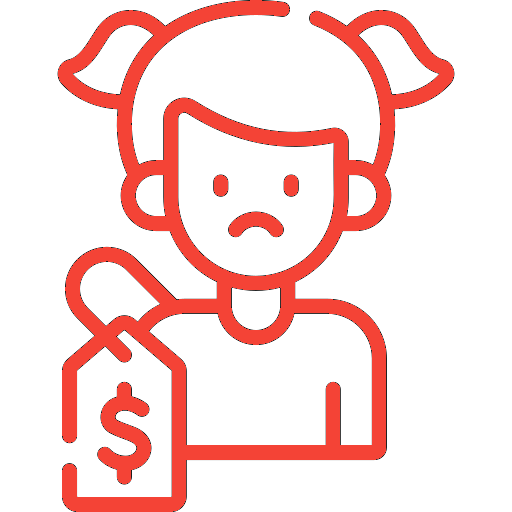
IR4: Countering Trafficking in Persons
IR4 supports the improvement of Nigeria’s anti-trafficking response with increased CSO capacity, coordination, service provision, and greater awareness/understanding of trafficking in persons, as well as a better public understanding of CTIP in Nigeria.
OUR SPECIALIZATION
SCALE’S Strategic Approach Will
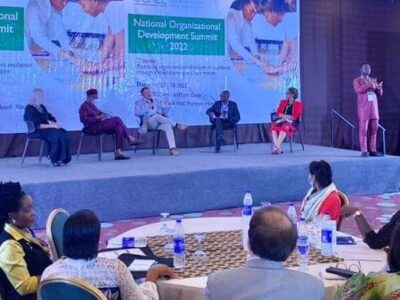
Drive implementation through co-creation with diverse stakeholders
Drive implementation through co-creation with diverse stakeholders, including CSOs, BMOs, faith-based institutions, development partners, advocacy
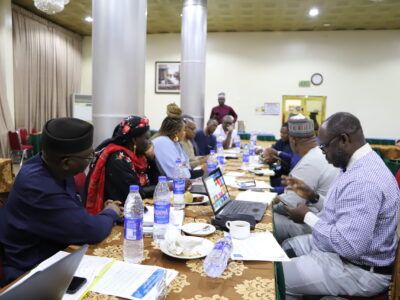
Use sub-awards to propel “learning by doing” across all components
To build organizational capacity, advance advocacy and accountability efforts, achieve policy wins across priority sectors..
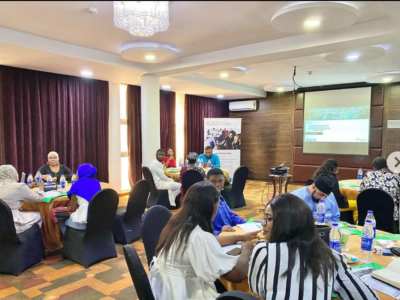
Promote principles of collective impact
Promote principles of collective impact by aligning the actions of many different actors to have an impact that goes beyond what one organization can accomplish.
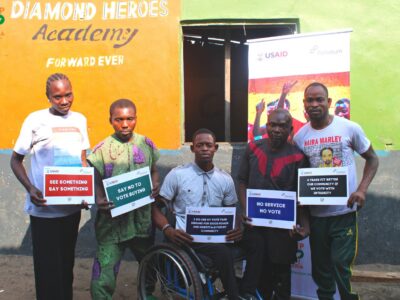
Integrate Gender Equality and Social Inclusion (GESI) considerations
Integrate Gender Equality and Social Inclusion (GESI) considerations into all areas of Activity implementation and ensuring that strategies and activities promote the participation of women, young boys and girls, and persons living with disabilities.
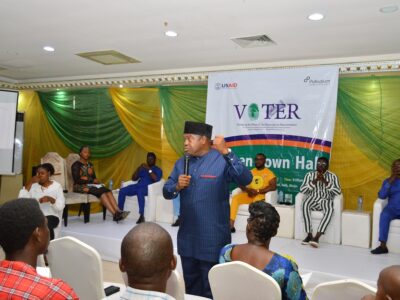
Mainstream Thinking and Working Politically
Mainstream thinking and working politically by embedding Political Economy Analysis (PEA) in all aspects of Activity planning and implementation
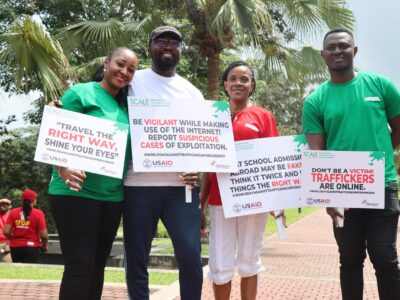
Promote Conflict Sensitivity
Promote Conflict Sensitivity to mitigate unintended negative effects of its interventions, and to influence conflicts positively wherever possible by adapting the “Do-No-Harm” principles.
Implementing through Local Partners | Thinking and working politically
Co-Creation & Start-Up
Learning and Collaboration
Transition
SCALE Exit
Sustain
Partners

Niger Delta Stakeholder Initiative for Community Development and Empowerment (SDN)

Centre for Awareness on Justice and Accountability (CAJA)
SCALE in Numbers
Supporting partners through an iterative, bespoke cycle of learning, practicing, adapting, and sharing best practices
Supporting partners through an iterative, bespoke cycle of learning, practicing, adapting, and sharing best practices.
The Strengthening Civic Advocacy and Local Engagement project was made possible by the U.S. Agency for International Development on behalf of the American people
Address
20 Port Harcourt Crescent Garki Area 11, Abuja, F.C.T Nigeria
NGSCALE.Info@thepalladiumgroup.com

The information provided on this Web site is not official U.S. Government information and does not represent the views or positions of the U.S. Agency for International Development or the U.S. Government.

















